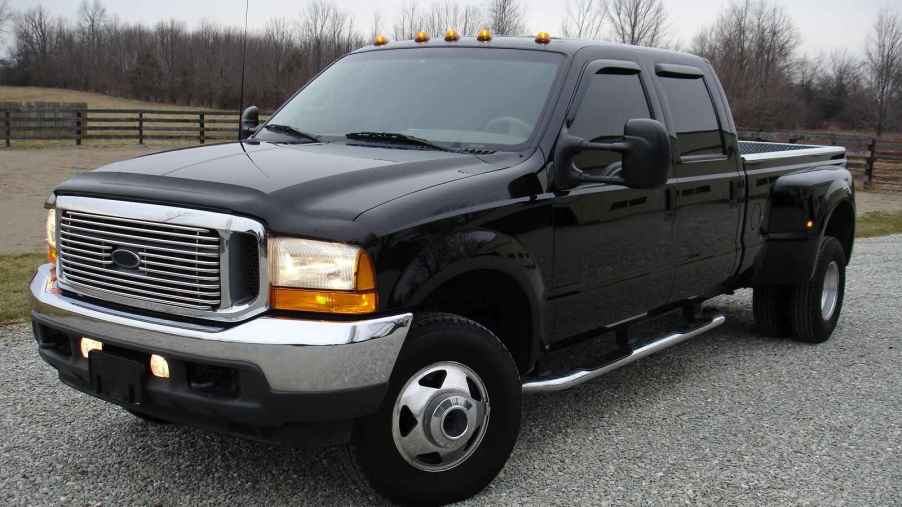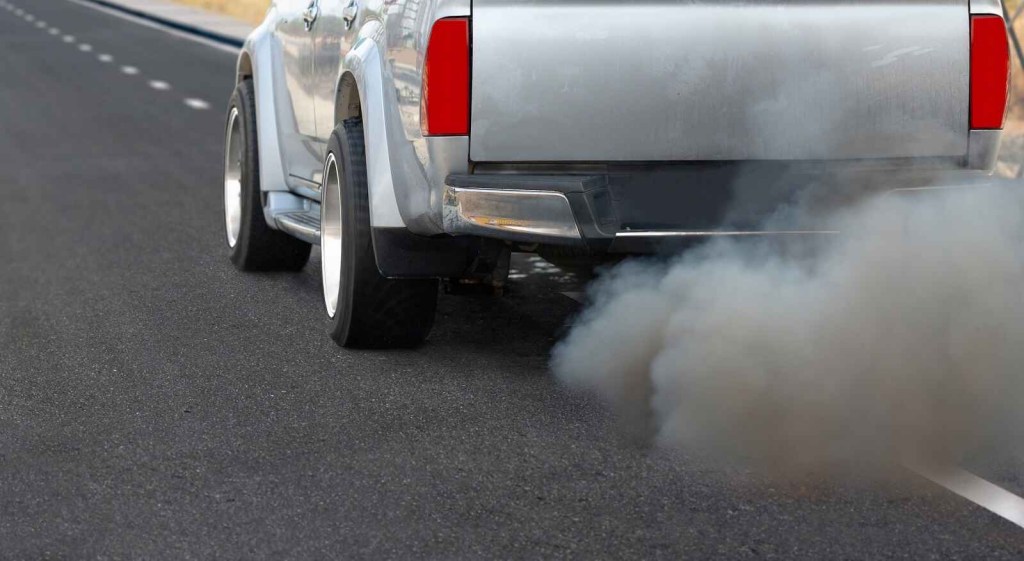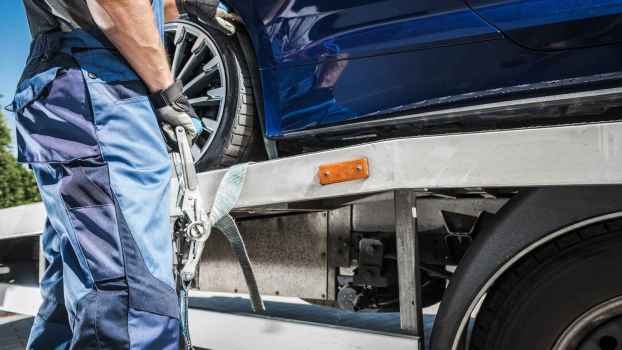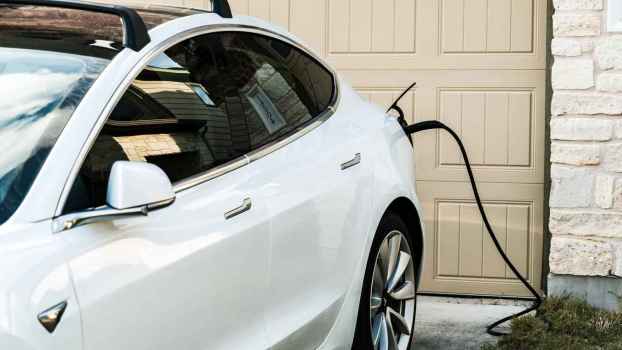
What ‘Deleting Your Truck’ Means and Why a Sketchy Black Market is Forming
For years, diesel truck owners have been defeating their pickup’s emissions systems. Why is truck deleting being done in the first place, and why are folks moving to sketchy black market tactics?
A diesel particulate filter (DFP) is a factory-installed exhaust component that operates much like a catalytic converter. The part is welded onto a diesel engine’s exhaust system and contains a large filter that traps soot. Without them, these engines would spew many times more pollutants than they already do.
The system also includes software programming that “tunes” air/fuel ratios and detects emissions system malfunctions. Without a properly functioning emissions system, the truck will not run well.

Some folks feel that repairs and maintenance involving the DFP are too expensive. Others want to bypass or remove the DFP so that they get a horsepower boost and increased mpg.
Deleting involves a variety of tactics. There are bypass kits, which contain a dummy component that gets put in the DFP’s place, plus a tuner containing bypass software.
Since many certified mechanics are avoiding deletions these days, some owners are going to the black market. This might involve someone remotely entering the control unit or obtaining “sketchy” software yourself and then using an air hammer to hollow out the DFP, says a Reddit commenter who claims to be a diesel mechanic.
The commenter explained that these decisions can lead to fatal accidents. Deleting a truck could derate the engine and lead to hydraulic system failure or weak performance in a pickle.
Many diesel truck owners felt squeezed into a bypass during covid, when many DFPs were on backorder and the replacement parts were thousands of dollars.
If a deleted truck is discovered, certified mechanics might either insist the system is restored before it leaves the premises or refuse to work on it.





